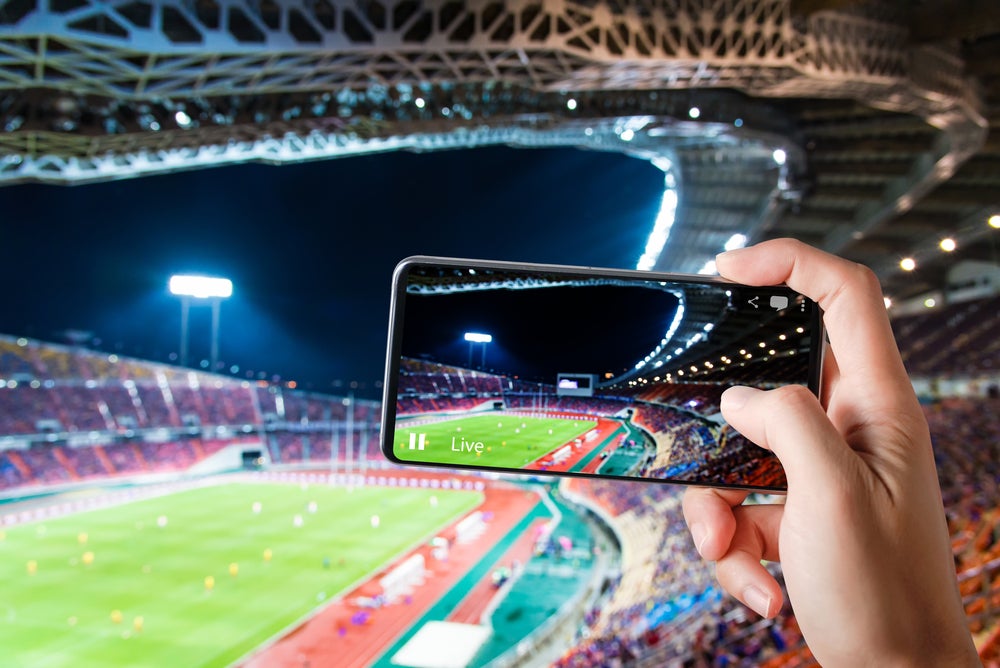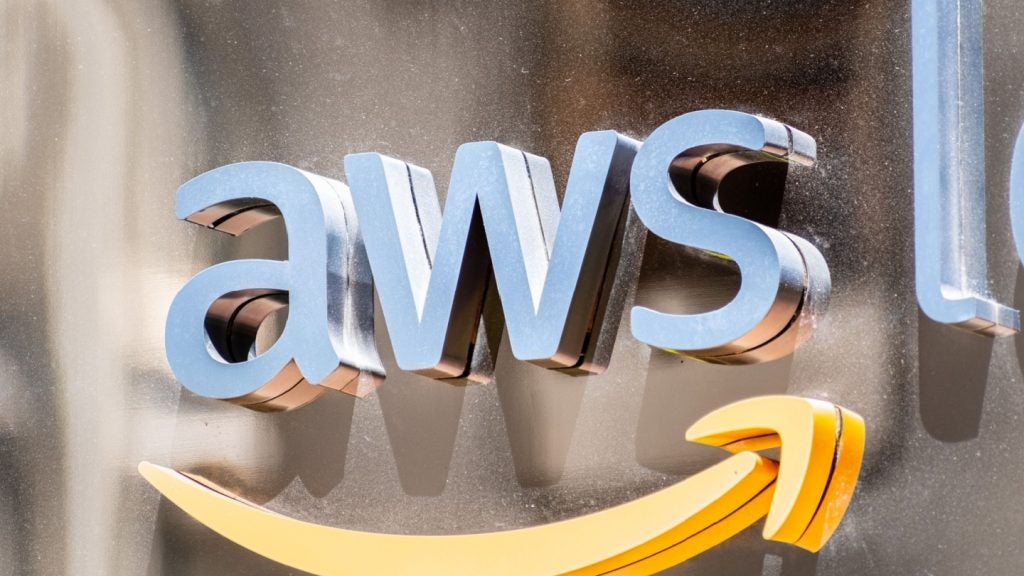
According to new research, which quizzed C-level executives from the world’s leading communications and media companies, sports fans will get their first taste of 5G technology at sporting events.
Conducted by Ovum on behalf of communications software and service provider Amdocs, the study found that some 65% of European operators are planning their 5G rollout schedules around the sports calendar, with more than 80% planning to have 5G experiences ready to deliver to sports fans in time for the European Championship football tournament in June 2020. More than 90% plan to have trialled 5G technology within sports venues by 2021 at the latest.
How do operators plan to use 5G in sport?
These companies plan to use the technology to overhaul the traditional sports viewing experience. 5G technology promises to deliver mobile download speeds up to ten times faster than current 4G networks, which will allow operators to deliver new insights and experiences using emerging extended reality technologies and increasingly more powerful smart devices.
The study found that more than three quarters (76%) of European network operators plan to use 5G to power augmented reality (AR) experienced within the stadium. Potential uses include 360-degree video streams, allowing audiences to view play from different points within the stadium, or player insights and statistics delivered via overlays viewed through a smartphone or tablet.
However, a larger number of operators appear to be focused on the potential applications of 5G for sports fans viewing outside the stadium.
The research found that 88% of European operators plan to offer new multi-screen Pay-TV services in the future that will be reliant on 5G to deliver high-quality content.
How well do you really know your competitors?
Access the most comprehensive Company Profiles on the market, powered by GlobalData. Save hours of research. Gain competitive edge.

Thank you!
Your download email will arrive shortly
Not ready to buy yet? Download a free sample
We are confident about the unique quality of our Company Profiles. However, we want you to make the most beneficial decision for your business, so we offer a free sample that you can download by submitting the below form
By GlobalDataStreaming services such as Netflix highlights how consumers are increasingly turning off their television sets to consume content through alternative devices such as PCs, tablets and smartphones. Television channels, especially those that focus on sports, now rely on apps to reach a large number of fans. In order to successfully deliver this high-resolution video footage to multiple screens, a highly fast and efficient WiFi network is currently needed. However, developing 5G technology will play a key role in making multi-screen use more accessible for the masses by improving video quality on mobile devices and increasing the range of content available.
“It’s essential for operators to find successful use cases for 5G given the investment levels. Amdocs’ research has revealed that major live sports events could hold the key to consumer adoption of 5G,” said Gary Miles, Chief Marketing Officer at Amdocs.
“Operators have identified these events as the springboard for rollout of a whole range of new interactive and immersive services. This will give consumers their first real taste of what 5G can deliver and allow operators to showcase the capabilities of their next-generation networks.”
What will 5G deliver?
Improved sports viewing experienced aside, 5G networks will provide consumers with drastically improved mobile internet speeds and drastically reduced latency, the amount of time that it takes for a device to communicate with the wireless network before data is downloaded.
While it may not sound revolutionary, 5G networks are expected to serve as the backbone for a range of emerging technologies that require advanced connectivity to operate. Not only will it mean better smartphones, but 5G is also expected to unlock the potential of everything from edge computing to connected cars.
“5G is not just a new wireless technology from a network equipment provider,” said Ed Barton, Chief Analyst of Consumer and Entertainment at Ovum. “It’s a fundamental transformation of mobile networks, infrastructure and business models.”
“It will drive the creation of new applications and services, which in turn will require new operating and business models, force changes across operator technology setups and emphasizing the need to integrate the new with the old.”




